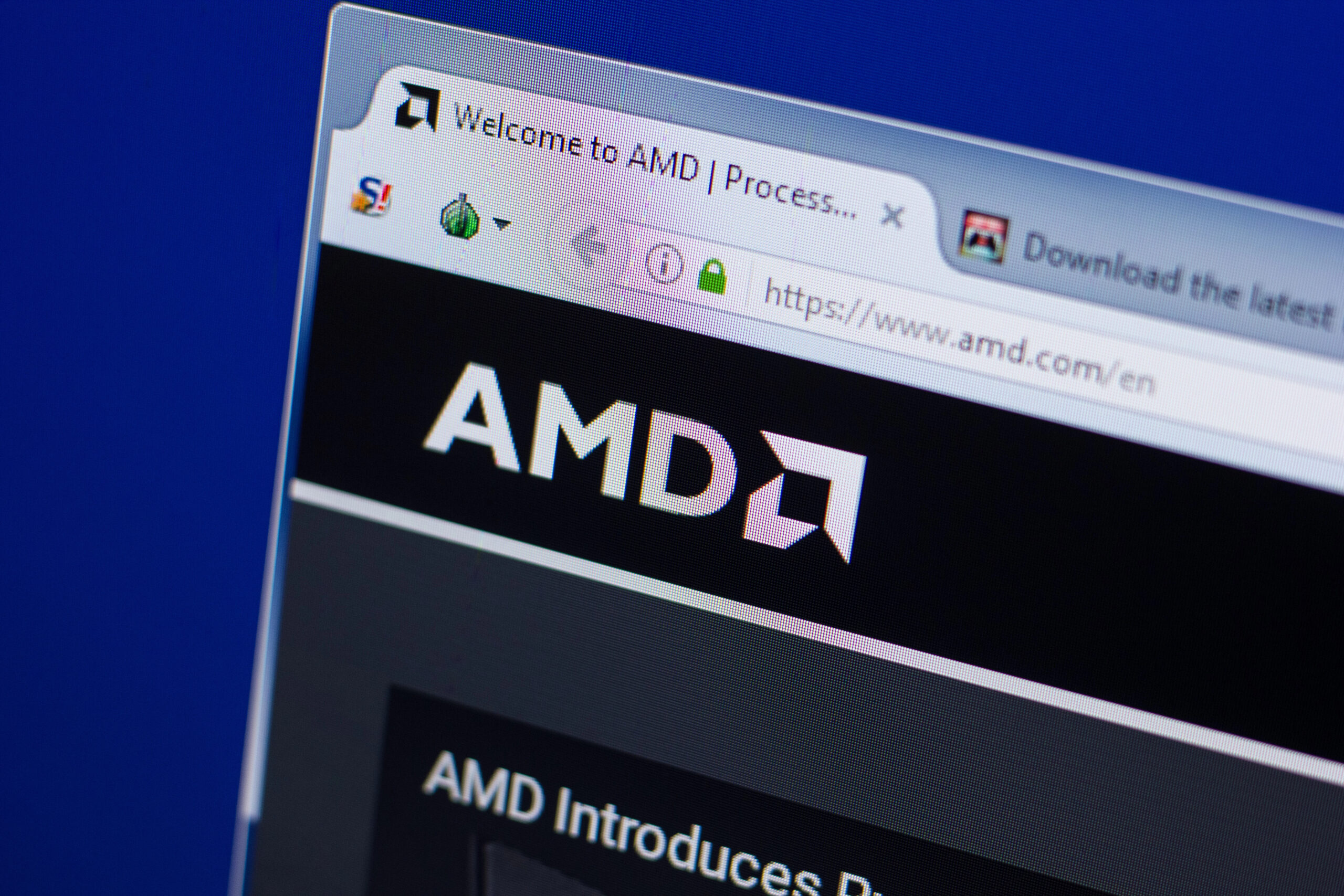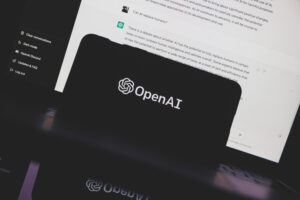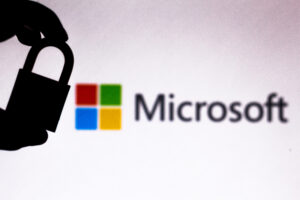There is always a constant battle between innovation and security in the world of computing. The same can be said regarding AMD. Recently, AMD made an alarming decision not to patch older Ryzen and Threadripper chips against the “Sinkclose” vulnerability. This sudden change has thrust this tension into the spotlight. Many questioned the longevity of their hardware investments and the commitment of manufacturers to long-term support. This article delves into the implications of AMD’s choice. Exploring both the technical rationale behind it, dissect the broader concerns it raises about obsolescence and electronic waste in the evolving landscape of computer processors.
AMD Announces No Security Patches for Older CPUs

AMD’s recent decision to withhold security patches for older processor families has sent shockwaves through the tech community. This move affects millions of users worldwide who rely on the Ryzen 1000, 2000, and 3000 series, as well as the Threadripper 1000 and 2000 models. The company’s stance stems from these processors falling outside their current software support window, leaving users vulnerable to the “Sinkclose” data theft vulnerability.
AMD: Impact on Users and Security Concerns
- While AMD has released updates for its newer processors, the lack of patches for older models raises significant security concerns. The “Sinkclose” vulnerability, though requiring access to the system kernel for exploitation, poses a potential threat, particularly for high-value targets. This decision leaves many users in a precarious position, forced to choose between continuing with potentially vulnerable hardware or upgrading their systems.
Environmental and Economic Implications
- The absence of security updates for these older processors may inadvertently contribute to electronic waste. Users, especially those in security-sensitive environments, might feel compelled to upgrade their hardware prematurely. This not only impacts individual budgets but also raises questions about the environmental sustainability of tech product lifecycles. The situation highlights the delicate balance between software support, hardware longevity, and responsible resource management in the rapidly evolving tech landscape.
Affected Processors Include AMD Ryzen 1000, 2000, 3000, and Threadripper 1000, 2000
The “Sinkclose” vulnerability has cast a wide net, affecting millions of AMD processors across multiple generations. Specifically, the impacted chips include:
AMD Ryzen Series
Ryzen 1000 series
Ryzen 2000 series
Ryzen 3000 series
These popular consumer-grade CPUs, released between 2017 and 2019, have been the backbone of many desktop and laptop systems, powering everything from budget builds to high-performance workstations.
Threadripper Series
Threadripper 1000 series
Threadripper 2000 series
The Threadripper line, designed for enthusiasts and professionals requiring extreme multi-core performance, is also affected. These processors, launched in 2017 and 2018, have been widely adopted in content creation, 3D rendering, and scientific computing applications.
It’s important to note that while these processor families represent a significant portion of AMD’s market share from recent years, they now fall outside the company’s software support window. This means that despite the potential security risks, AMD has made the decision not to develop or release patches for these older chip generations.
For users still relying on these processors, this lack of support raises concerns about long-term system security and the potential need for hardware upgrades. While the “Sinkclose” vulnerability requires sophisticated methods to exploit, the absence of official patches leaves these systems potentially vulnerable to future, more accessible attack vectors.
“Sinkclose” Vulnerability Poses Potential Security Risk
Understanding the Threat
- The “Sinkclose” vulnerability is a severe data theft issue affecting millions of AMD processors. This security flaw allows attackers to infiltrate systems undetected, potentially compromising sensitive information. While exploitation requires access to the system kernel—typically achieved by state-sponsored hackers—the risk shouldn’t be underestimated.
Impact on Older AMD Processors
- AMD’s decision not to patch older Ryzen and Threadripper chips has left a significant number of users vulnerable. The affected models include:
Ryzen 1000, 2000, and 3000 series
Threadripper 1000 and 2000 models
AMD’s affected models
These processors, now outside AMD’s software support window, will remain unprotected against the “Sinkclose” vulnerability.
Implications for Users and the Environment
- While the immediate risk for casual users may be low, the lack of patches raises concerns about long-term security. As these processors remain in use, they could become increasingly attractive targets for cybercriminals. Moreover, this situation may force users to upgrade their hardware prematurely, potentially contributing to electronic waste—a growing environmental concern in the tech industry.
Lack of Support Raises Concerns About Electronic Waste
Environmental Impact of Premature Upgrades
- AMD’s decision not to patch older Ryzen and Threadripper chips has sparked concerns about potential electronic waste. As users may feel compelled to upgrade their systems for security reasons, perfectly functional processors could end up discarded prematurely. This situation highlights the growing tension between rapid technological advancement and environmental sustainability in the tech industry.
Economic Burden on Consumers
- The lack of security updates for older processors places an unexpected financial burden on users. Many consumers who invested in these chips, expecting years of reliable service, now face a difficult choice: continue using potentially vulnerable hardware or invest in costly upgrades. This predicament is particularly challenging for budget-conscious users and small businesses that rely on older AMD systems for their operations.
Long-term Implications for Product Lifecycles
- This incident raises questions about the lifespan of modern computer hardware and the industry’s approach to long-term support. As cybersecurity threats evolve, the expectation for extended software support may become a crucial factor in consumer purchasing decisions. Manufacturers may need to reevaluate their support policies to balance innovation with sustainability and customer trust in an increasingly security-conscious market.
AMD Faces Backlash Over Decision Not to Patch Vulnerable CPUs
AMD’s recent announcement has sparked controversy in the tech community. The company’s decision not to release security patches for older Ryzen and Threadripper processors affected by the “Sinkclose” vulnerability has left many users feeling abandoned and concerned about their system security.
AMD And the Affected Processor Lines
The decision impacts a significant number of AMD’s product lines, including:
Ryzen 1000, 2000, and 3000 series
Threadripper 1000 and 2000 models
These processors, which were released between 2017 and 2019, fall outside AMD’s current software support window. As a result, hundreds of millions of chips will remain vulnerable to potential exploitation.
Security Implications and User Concerns
While AMD maintains that the risk for casual users is low, the lack of patches raises several concerns:
Increased vulnerability: Systems running these older processors may become more susceptible to attacks over time.
Forced upgrades: Users may feel pressured to upgrade their hardware prematurely, leading to unnecessary electronic waste.
Trust issues: Some customers are questioning AMD’s commitment to long-term support and security.
- Despite the company’s assurance that exploitation requires access to the system kernel – typically achieved only by state-sponsored hackers – many users argue that this doesn’t negate the need for patches to address known vulnerabilities.
Industry Reaction and Future Implications
- The tech industry is closely watching AMD’s response to this backlash. This decision could potentially impact consumer trust and influence future purchasing decisions. As the debate continues, it highlights the broader issue of long-term support and security in the rapidly evolving world of computer hardware.
In Conclusion
As you consider the implications of AMD’s decision, it’s crucial to weigh the potential risks against the practical realities of software support lifecycles. While the lack of patches for older Ryzen and Threadripper processors may be concerning, the limited scope of the “Sinkclose” vulnerability should provide some reassurance. However, this situation serves as a reminder of the importance of staying informed about your hardware’s support status and considering security implications when making upgrade decisions. As the tech landscape evolves, balancing performance, longevity, and security will continue to be a key consideration for both manufacturers and consumers in the ever-changing world of computer processors.
More Stories
Adobe Project Indigo Reinvents iPhone Photography with Computational Precision
Adobe Project Indigo, stands poised to redefine the boundaries of what’s possible on an iPhone. As a sophisticated camera app, it leverages state-of-the-art computational techniques to elevate your photographic experience beyond mere snapshots.
OpenAI Teams Up with Jony Ive to Build New AI Device
OpenAI has partnered with renowned designer Jony Ive on an ambitious $6.5 billion project. This collaboration seeks to develop a revolutionary AI device unlike anything currently available.
Philippines Launches Comprehensive Crypto Reporting Framework for Financial Transparency
CARF mandates that domestic cryptocurrency platforms and intermediaries report cross-border digital asset transactions.
Threads Strengthens Decentralized Identity with Federated Feed and Profile Discovery
Meta introduces federated feed and profile discovery features to strengthen decentralized identity in Threads.
Facebook Shifts All Videos to Reels Format in Major Platform Overhaul
Facebook is making a bold move to redefine its video-sharing landscape as it transitions all videos into the Reels format.
Circumvent Lands $6M To Scale AI Cloud Security Platform
Circumvent, an innovative cybersecurity startup has secured $6 million in seed funding to boost its mission in cloud infra security.


